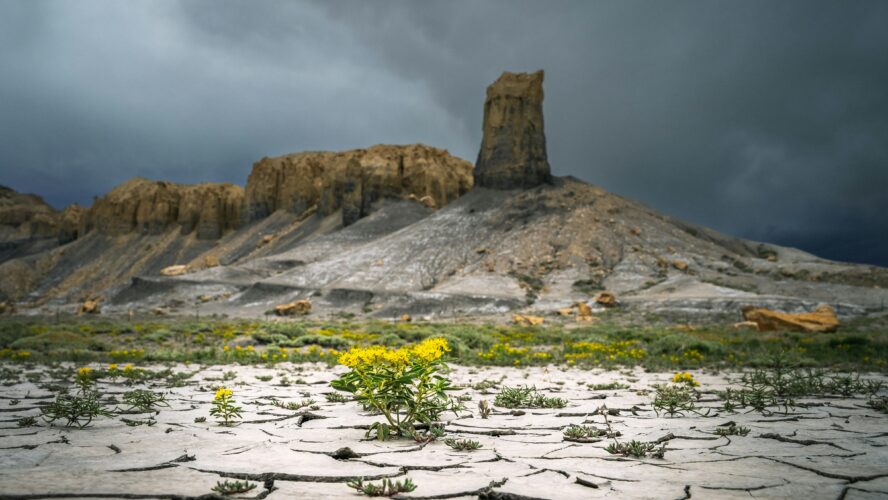Global Warming Will Leave Us with Boring Food: Study Finds Seed Diversity at Risk

Love that rare chocolate or single-source small batch coffee? Well, don’t get to used to eating those exotic foods on a regular basis. Global warming, according to a new policy paper released by the U.N. this week, is compromising food diversity.
The paper says that care must be taken now to protect crops and livestock animals in order to ensure their survival in the face of changing weather patterns.
Particularly, wild food crops not being cultivated on large scales “could prove more resilient to a warming planet than some popular crop breeds,” Reuters reported. “But these wild strains are among those most threatened by climate change.”
According to the paper, as much as 22 percent of wild crop species could be facing extinction in the next 50 years. “They include 61 percent of peanut species, 12 percent of potato species and 8 percent of cowpea species,” Reuters noted.
“In a warmer world with harsher, more variable weather, plants and animals raised for food will need to have the biological capacity to adapt more quickly than ever before,” FAO Deputy Director-General Maria Helena Semedo said in a statement.
“Preventing further losses of agricultural genetic resources and diverting more attention to studying them and their potential will boost humankind’s ability to adapt to climate change.”
The UN paper suggests efforts be made to reinforce gene and seed banks with crops considered “minor.” It also calls for increasing the number of community seed banks and seed exchange programs, as well as reviewing breeding practices.
According to the UN, world food production needs to become more efficient to meet the 60 percent estimated increase the world will need by 2050.
“Farming systems – and crops themselves – will need to adapt to cope in these new environments,” Reuters said of the paper’s findings.
“Scientists worry that certain crop varieties and animal breeds could be abandoned by farmers and livestock keepers in the face of climate change without steps to conserve them.”
Find Jill on Twitter @jillettinger
Related on Organic Authority
Cut Greenhouse Gas Emissions or Lose 18 Percent of Food by 2050, Warns New Study
‘Pink Slime’ is Back as Climate Change Continues to Drive Beef Prices Higher
Food Waste is Third Biggest Contributor to Climate Change
Image: Planting seeds photo via Shutterstock

